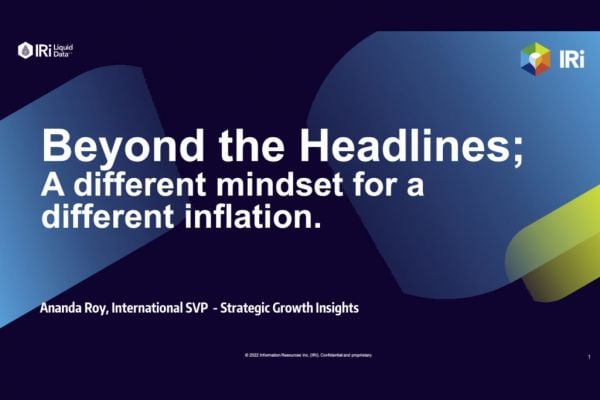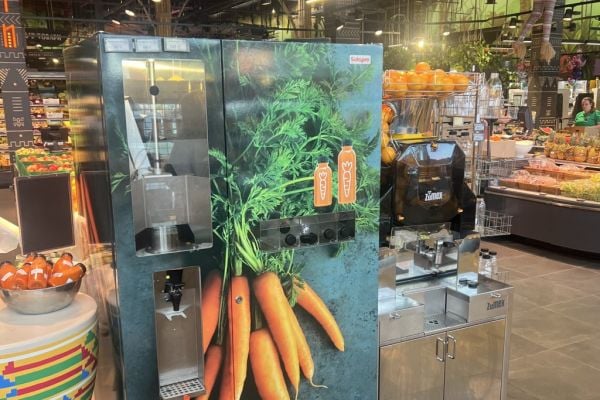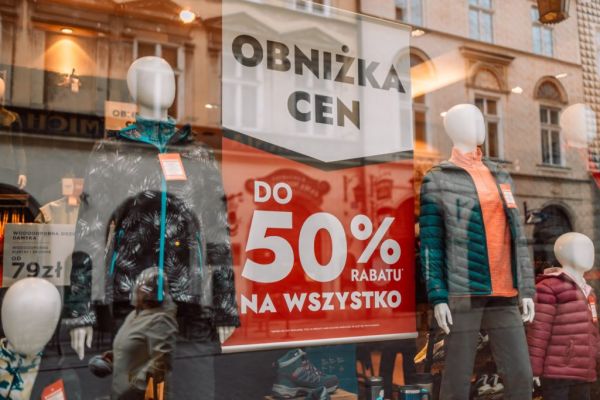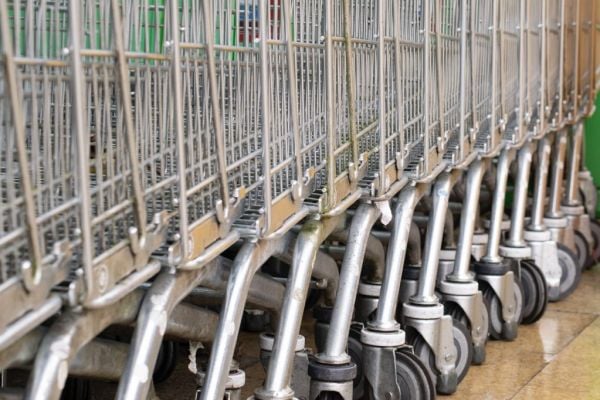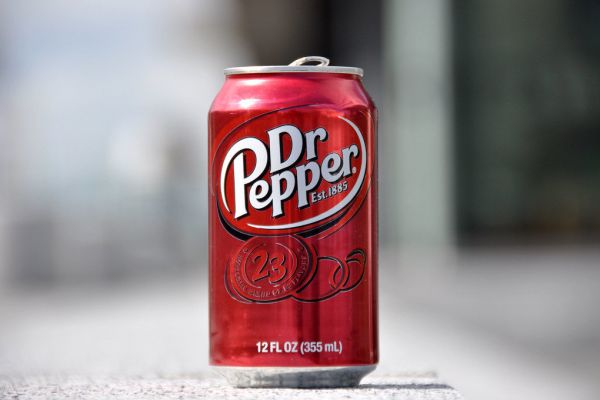Retailers and brand owners need to look beyond the current headlines on inflation and adopt a different mindset to tap into rapidly changing consumer behaviour, a newly-published study by IRI has found.
IRI's study, Beyond the Headlines: A different mindset for a different inflation, describes the current economic uncertainty as an 'imperfect inflation', and a convergence of a number of different factors, such as supply and demand issues, rising commodity and energy prices and supply chain disruptions.
This in turn has been exacerbated by ongoing fears over COVID-19 and a widening wealth gap, with IRI suggesting that a 'new approach' is needed by the retail and consumer goods industry to mitigate inflationary pressures.
Inflation And Consumer Choices
“The outlook for this year suggests we are sailing into choppy macroeconomic waters,” comments Ananda Roy, SVP, Strategic Growth Insights, IRI International. This is not the first inflation we have seen and it won’t be the last, but it is very different so we wanted to dig beneath the headlines to find out why.
“Looking at past inflationary events, we begin to understand how sustained inflation can affect consumer choices depending on income and based on price sensitivity and perceived value. In response, manufacturers and retailers have tended to respond by applying well-established revenue management principles.
"But with people evaluating where they shop, how much and how often they buy and consume, and whether to uptrade, defer a purchase or even to leave a category altogether, brands and retailers need to better understand these changing needs.”
As part of its study, IRI analysed 40 brands that have successfully mitigated past inflations in order to illustrate how businesses can be more resilient within their categories. Among its findings were several key takeaways.
Target Consumers With Greater Precision
High performing brands think of inflation as an opportunity, because consumers are actively re-evaluating their consumption habits and relationship with brands. They invest in understanding changing needs and behaviours that are likely to shift demand and offer growth opportunities.
They also re-align their marketing portfolio, pricing, distribution, revenue management, and brand mix to ensure they are in the right markets with the right product at the right price.
Behave Counter-Intuitively
These brands ‘invest in the trough’ by adapting in the short term but staying consistent in the long term. This may include counter-intuitive behaviour like reducing innovations and investing that marketing budget in trade promotions (while phasing innovation for recovery), and partnering with other businesses and rivals on transportation and distribution to cut costs.
In addition, they never compromise on the brand promise – quality, trust, ethics and sustainability goals are irreplaceable.
All Brands Are Equally Vulnerable
High performing brands recognise that the premium, mainstream and private label channels are all equally vulnerable to the effects of inflation and recession. This includes price increases due to unpredictable factors, the threat of price wars, consumer up- or down-trading, and lack of availability in the right stores.
Read More: An Imperfect Inflation: Will 2022 Be Different?
Consumer Optimism Versus Reality
IRI's analysis also includes a survey of 3,000 consumers across 12 countries, which indicates a gap between consumer optimism and reality.
It found that while 91% of respondents expect the price of goods and services to rose over the next six months (and just 7% expect prices to go down), more than two thirds also feel that they will be 'significantly or somewhat better off' over the next six months.
According to IRI, shoppers are also less likely to react to marginal price increases and more likely to react to ‘sticker shock’, such as big price hikes at the forecourt or rising energy bills.
“Shoppers in-store may be too embarrassed to return items once they get to the till and discover they have spent too much, but will change their behaviour next time, either buying less, looking for deals, or switching to another retailer," said Roy.
"With more of us shopping online, it’s easier to manage spending and make adjustments in order to stay within budget without embarrassment.”
IRI is running a ‘Beyond the Headlines. An Imperfect Inflation’ webinar on 24 Feb (10.30-11.30am GMT) to uncover why current inflationary trends across some of the world’s largest economies are already having an effect and discuss the approach FMCG category leaders must take to mitigate its impact. To register, click here.
© 2022 European Supermarket Magazine – your source for the latest A-Brands news. Article by Stephen Wynne-Jones. Click subscribe to sign up to ESM: European Supermarket Magazine.
